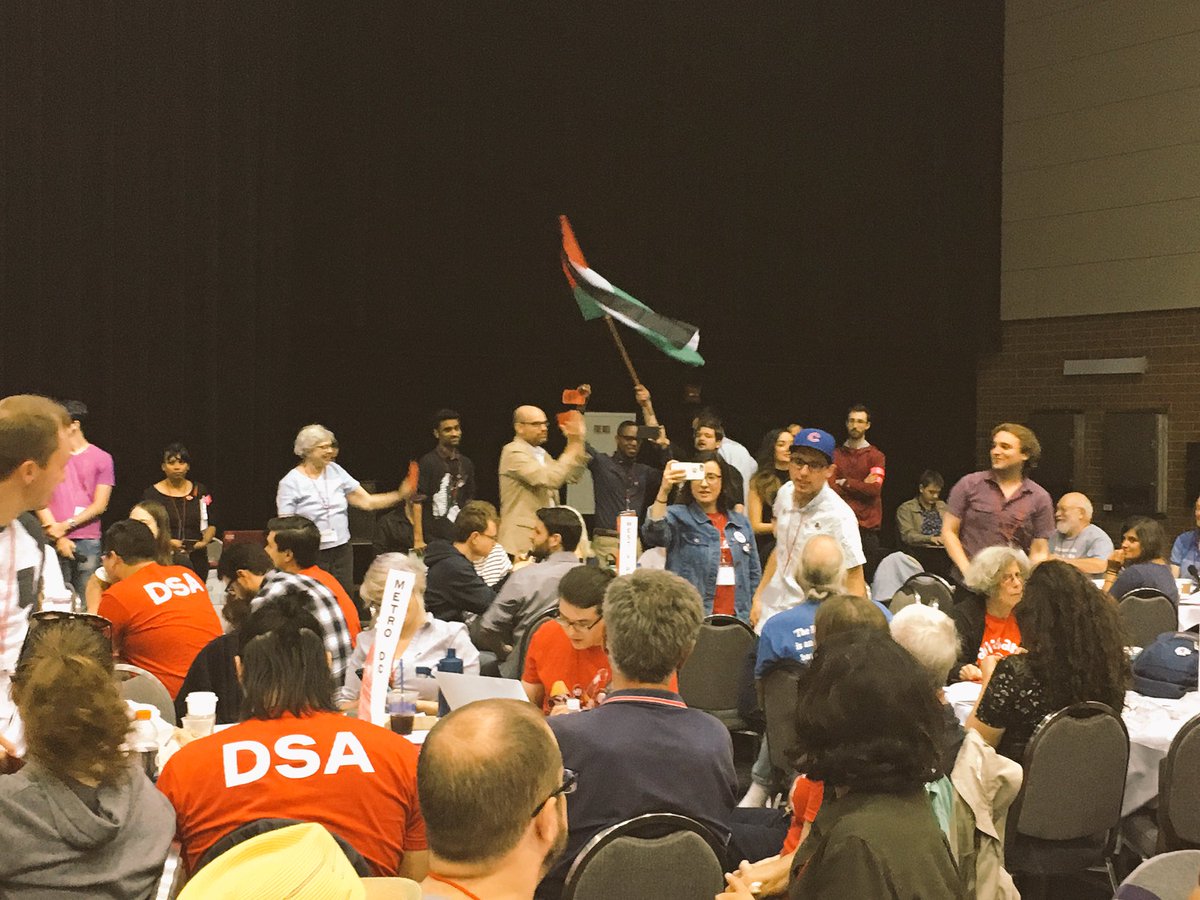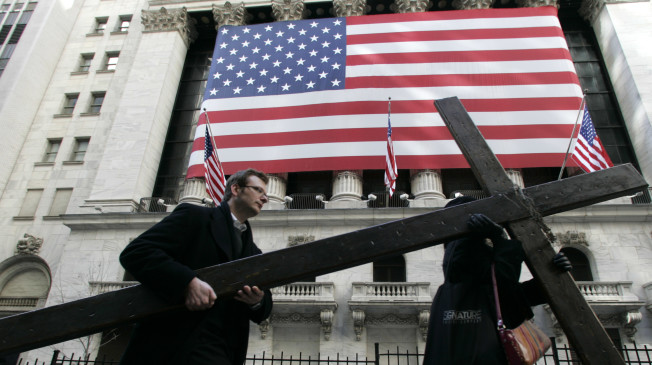July 12, 2016
As legal educators, we express our condolences to family members and others grieving the loss of Alton Sterling, Philando Castile, Alva Braziel, the officers killed in Dallas—Lorne Ahrens, Michael Krol, Michael J. Smith, Brent Thompson, and Patrick Zamarripa—and all of those who have suffered unequal treatment and violence in the criminal justice system. It is apparent that, when it comes to policing, there are at least two realities: one for those who are White, and another for those who are Black.
From its beginning, our criminal justice system has produced disparate experiences and outcomes based on race. These abuses have been well-documented, but despite some efforts at reform, the system itself has not yet changed sufficiently. This is the type of gross injustice that, as progressive and anti-racist law teachers, we hope to heal and prevent through our life’s work of using the law for social change.
We call for an end to racialized state violence. We call for the prosecution of and accountability for the state actors who otherwise kill with impunity. We call for the end of mass incarceration as an economic and social engine of inequality. We call for vigorous intervention in law enforcement and criminal justice systems to permanently change current practices and mindsets that too often pit law enforcement and people of color against one another. In the interim, we support the ongoing peaceful demonstrations against state violence and terror. To this end, we note the crucial role and responsibility of the police and other state powers to respect and protect the protestors’ rights to express anger, sorrow, rage, and despair over the fact that U.S. law enforcement has killed 381 Black people in the last 18 months.
As legal educators whose duty and responsibility it is to observe, record, and teach about law’s inextricable relationship to society and culture, we call for a complete end to racial domination, patriarchy, homophobia, imperialism, and subordination of all forms. These forms of oppression are interconnected and often intersect. It is critical that we do not replace one form of unequal treatment with another.
We have dedicated ourselves to teaching, scholarship, and service for social justice in the context of legal education. We will remain critical, vigilant, and engaged with efforts to eliminate subordination. We will continue to strive to educate our students and the public about racial injustices, including through community-engaged learning. We will continue to engage in service that seeks to provide constructive progress on this issue and other major social justice issues that affect our communities. We call on lawmakers again to uphold the rule of law and to implement meaningful policy changes that correct these pervasive injustices.
We look forward to further discussion, consciousness-raising, direct action, and other collaboration with members of the affected communities and with our other allies in this struggle. We pledge to work to create a world where the events like those in Baton Rouge, St. Paul, and Dallas will never be repeated.




